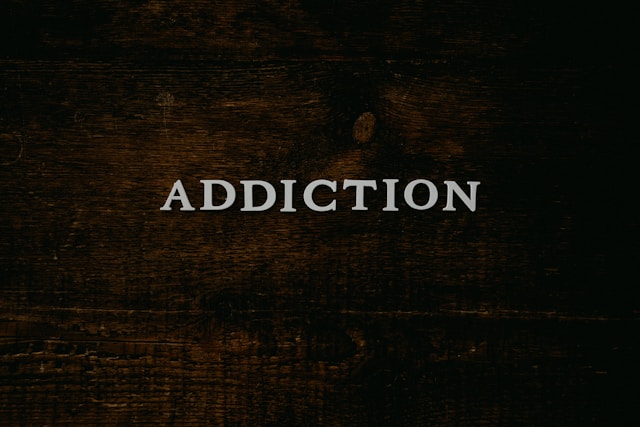All opinions are mine and mine alone.
Why Overcoming Shame Is a Crucial Element of Addiction Recovery
Addiction is a complex issue affecting millions of people across the globe. Beyond the physical and psychological aspects of substance dependence, there is a deeply ingrained emotional component that often hinders the recovery process—shame. Overcoming shame is a crucial element in addiction recovery, as it plays a significant role in perpetuating the cycle of substance abuse and preventing individuals from seeking help.

Understanding Shame
Shame is a self-destructive and powerful emotion that comes about due to a person’s sense of unworthiness, inadequacy, or disgrace. When it comes to addiction, people usually experience shame due to their perceived moral failings, stigma, or guilt that comes with substance abuse. A detrimental feature of shame is that it can create a roadblock to finding help from alcohol rehab centers or may even discourage a person from admitting they need help.
Acknowledge Your Feelings
Not paying attention to your feelings is unhelpful and dangerous. When you ignore your feelings, they tend to bottle up so tightly to the extent that everything bursts. When that happens, you’ll find yourself turning to unreliable techniques to seek relief such as using drugs or abusing alcohol. Additionally, when you decide to ignore your feelings, you’re only promoting bitterness and isolation. Therefore, overcoming shame by acknowledging how you feel is a crucial step toward living an addiction-free life.
Work on How You Speak to Yourself
Another meaningful strategy you can use to deal with shame is altering how to talk to yourself. More often than not, people tend to be tougher on themselves than they would be on any other individual in a similar situation. There is so much one may say to themselves, words that may be discouraging and hurtful. Being unkind to oneself creates resentment and only amplifies the negative emotions a person may be feeling. Each time you feel shameful, do not engage in hateful self-talk. Blaming yourself and calling yourself names only worsens feelings and this could result in poor and dangerous coping mechanisms, such as using substances.
Open Up
Recovering from addiction is not an easy thing. This is not a journey you can embark on all on your own. It requires a strong support system for you to completely recover from addiction. Take the time to speak to peers, therapists, and counselors, and seek support from friends and family. Let them know about your struggles so they can think of the best way to assist you. You’ll be surprised to find that social support is a crucial part of one’s recovery journey as addiction is not a fight you can win on your own.
Final Word
Overcoming shame is undeniably a crucial element in addiction recovery. By addressing shame head-on by acknowledging how you feel, engaging in a meaningful conversation with yourself, and seeking social support, individuals can break free from the shame-addiction cycle. It is essential to recognize that addiction is a complex and multifaceted issue, and overcoming shame is a vital step toward healing and reclaiming a life free from the chains of substance dependence.



Speak Your Mind